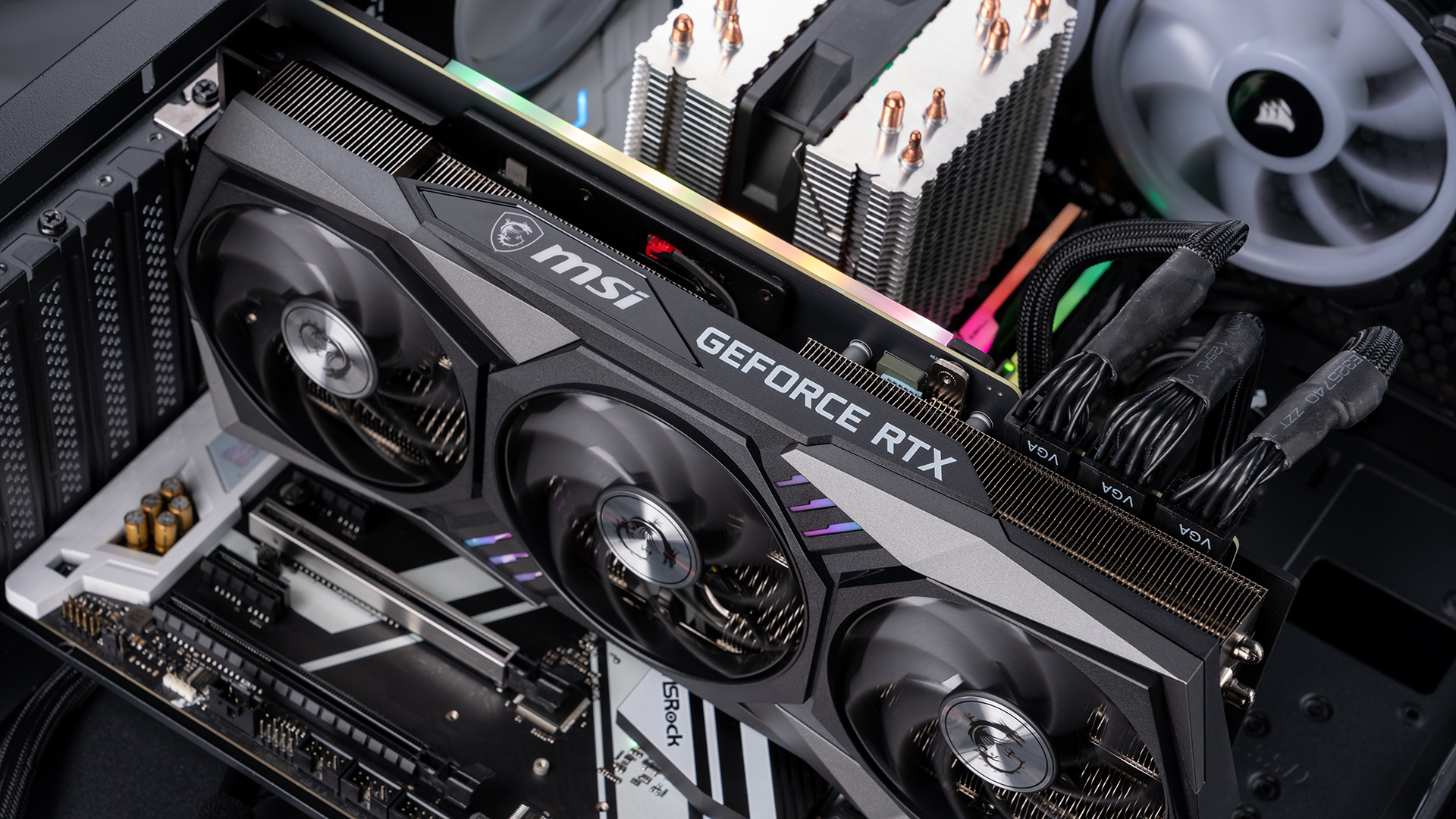What does a processor do? For gaming, your processor’s speed and the number of cores will determine how smooth the gameplay will be and how high you can crank the graphics settings. In this article we’ll go into detail on what you need to know about processors and gaming, as well as our top picks in different price ranges to get the best gaming experience for your budget.
What Is a Processor
A processor is the brain of your computer. It handles all the calculations and instructions that tell your computer what to do, how fast it should work, and everything else. If you want to play games on your computer or watch videos without lag or stuttering, you need a good processor. Processors are ranked by gigahertz speed (GHz). The higher this number is, the better the processor will be at handling multiple tasks at once.
Why You Need an Intel Processor
Intel processors are the best to use when you’re looking to upgrade your gaming experience. Intel processors provide superior performance and energy efficiency, so your games load quicker and run smoothly without draining your battery life. Plus, Intel’s processors are designed with the gamer in mind, so they’re built with features that enhance gameplay and help keep you on top of your game. That way, you can be sure that you’ll always have the best processor for any kind of gaming situation.
CPU Cores Vs Threads – Which One Do You Need?
When you’re shopping around for a computer, it’s important to understand the difference between CPU cores and threads. To put it simply, the number of cores is essentially how many different tasks your processor can handle simultaneously while the number of threads is how many tasks each individual core can handle simultaneously. For example, an 8-core processor has 16 total threads (8 cores * 2 threads per core). Threads are generally better at handling single or low-intensity tasks whereas CPUs have been optimized to take on heavy workloads.
How Much Ram Do I Need?
Many people are asking what processor they should get and how much RAM they need. A processor is the brain of your computer and determines how quickly it can process data. The more processors you have, the faster it can calculate things, but as with most things in life, there is no free lunch. More processors also mean more power consumption, which will cost you more money on your electric bill each month. Memory (RAM) is often referred to as an extension of your computer’s short-term memory; it acts as a buffer between your hard drive and the running applications so that you don’t have to wait for files to load from the disk every time you open a program.
What About Graphics Cards?
Processors are the central processing units of computers and the brains of any computer. They do many things, but their primary function is to read and execute instructions from programs that you run on your computer. Graphics cards are an important part of processing power in your computer. Graphics cards can be integrated into the motherboard, or they can be separate devices connected to the motherboard through PCIe or AGP slots.
Motherboard – Do I Need One?
Your computer’s motherboard is its main component. It connects all the other parts together. The processor is one of the most important parts of your motherboard. A processor determines how fast your computer can run programs and games, as well as whether it can multitask efficiently. A good processor will make your computer last longer and perform better than an older model with a slower processor.
How About Storage Devices?
A processor is the most vital component of any computer. It is responsible for running applications and performing calculations. A processor has two primary functions: executing instructions and managing information. There are many types of processors, but they all perform these two functions in some way or another. What makes one type of processor better than another is its performance relative to the cost, power consumption, physical size, etc. Processors that are better at executing instructions while using less power, or have more cores (essentially processing units), will be more expensive than those that are not as good at this task.
conclusion
A processor is the central processing unit of your computer. It’s what makes everything work. You can think of it as the brain of your computer because all instructions to turn on, off, or do anything are given by the processor. A processor also controls how fast any tasks are completed and is in charge of taking care of all the little details that make computing possible, like managing data and keeping things secure. The more you know about processors, the better you’ll be able to choose which one is right for you!



